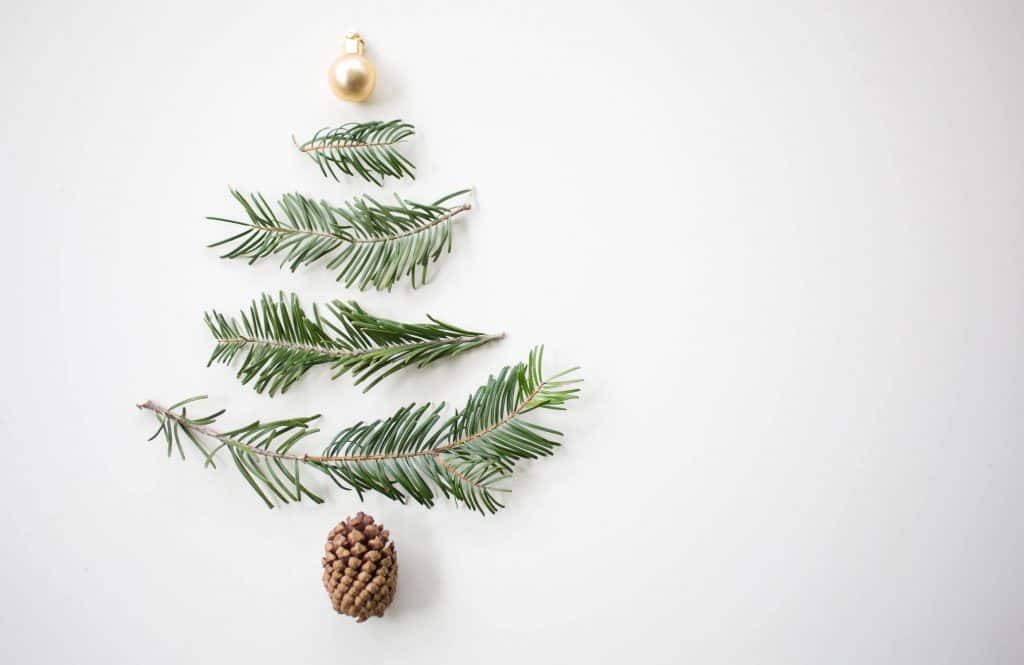Holiday Season for Veterans with Mental Health
Sing along with me, “It’s the most wonderful time of the year! With the kid’s jingle belling, and everyone telling you to be of good cheer. It’s the most wonderful time of the year!”
We all know that the holiday season is upon us. Thanksgiving, Christmas, Hanukkah, Kwanzaa, Diwali, and New Years are a very stressful time for veterans dealing with mental health conditions (diagnosed and undiagnosed). While everyone else around the veteran is excited about holiday parties, family gatherings, and loads of egg-nog, veterans are dealing with survivors’ guilt, chronic pain due to weather change, and depression. This season is a long-drawn-out period of celebration, loud noises, crowded areas (parties, shopping centers, package deliveries, and a change from the norm) and every other perfect storm for anxiety and depression to flourish for veterans.
As veterans, we see this season as a terribly difficult time. We do not want to be the Debby-downers of the party and season. However, it is difficult for us to get into the holiday festivities when we are dealing with thinking about how our friends that are no longer with us cannot celebrate this season with their families, not knowing if we will have enough money to provide the presents that our families want and the constant routine change.
That last one is something that I want to emphasize, routine change. Like you, I am a creature of habit. I do the same general things at the same general times each day. It is what the military drills into you… structure and discipline. With that said, there is NOTHING structured about our days during this time of year. Hosting holiday events, going shopping for presents, decorating the house for the holidays, and many many more constant changes have me on edge… probably like you. Now, with all this stress/change, I try to focus on my mental state.
As a Veteran with Mental Health, How I cope with the holidays
I know how difficult it can be for many veterans during this time. To better cope with the holiday season, try to stay present in the moment, and not wander off into my own head. I try to engage with others, instead of isolating myself. I try to meditate (and pray) for patience and understanding. I try to cling onto structure throughout the week, instead of in my days. I stretch and maintain as active of a lifestyle as my deteriorating body can handle. I seek mental health counseling so that I can continue to learn to open up to my loved ones.
Now, by no means am I a mental health expert. I am constantly learning more about who I am on a daily basis. I want to be the best husband, father, son, neighbor, community member, and veteran for my network of people.

How can I support a Veteran over the holidays?
Coming home from active duty service is a big change for people, going from the structure and predictability of the military to doing something new and being around large crowds of people can be overwhelming, to say the least. A couple of tips to best support your loved ones during this holiday season:
- Take time to understand why the holidays are so hard for them
- Allow them to take time to rest and recharge without getting upset
- Remind your loved one how valued and important they are
- Ask what they need – and listen to their response
- Don’t shame your Veteran about what they are or are not doing
- Be creative with traditions – even starting new ones
- Have open conversations with extended family before they come over
While the holidays for Veterans can be stressful, make a game plan for what works best for you. Know your options and open up those lines of communication with your family. And if you are dealing with mental health conditions, and want to increase your disability rating with a Veteran Claims Master, please join the A-Team, and get your disability rating increase!
Anthony Rivera is apart of the VA Claims Insider Team and an Army disabled Veteran. Ready to work with him? You can sign up here or contact him at [email protected]
